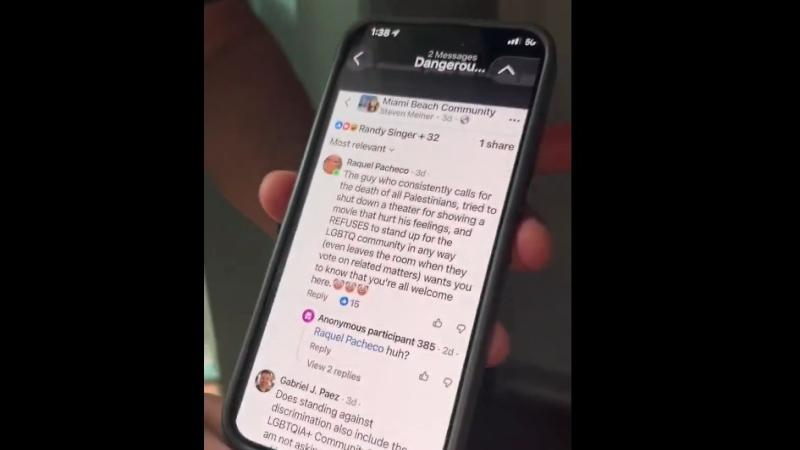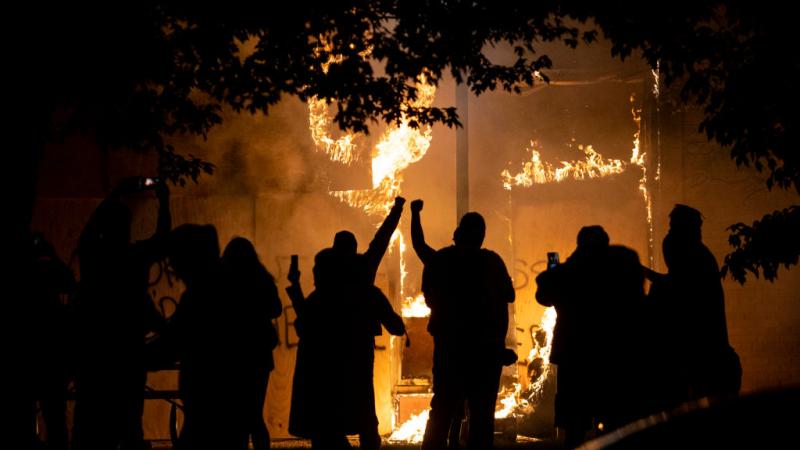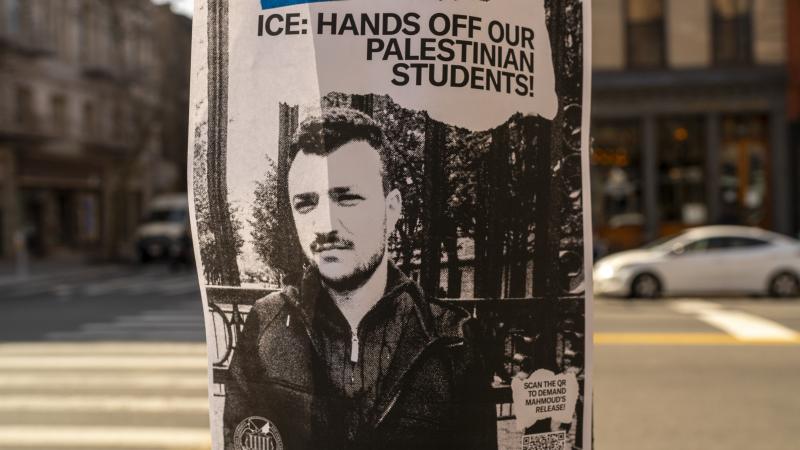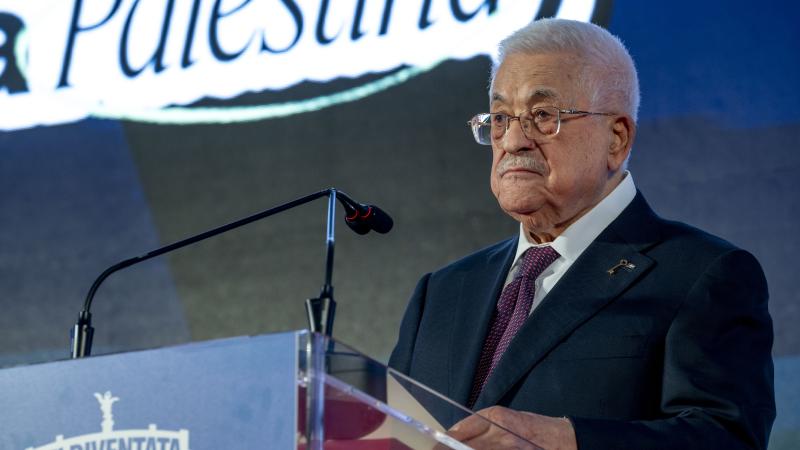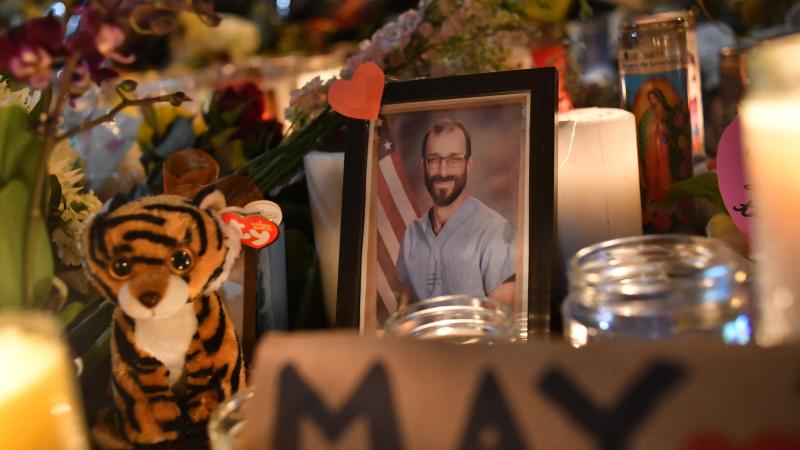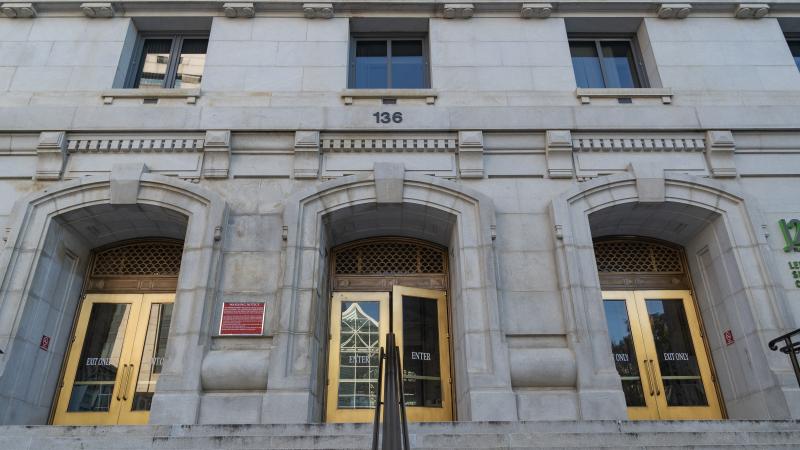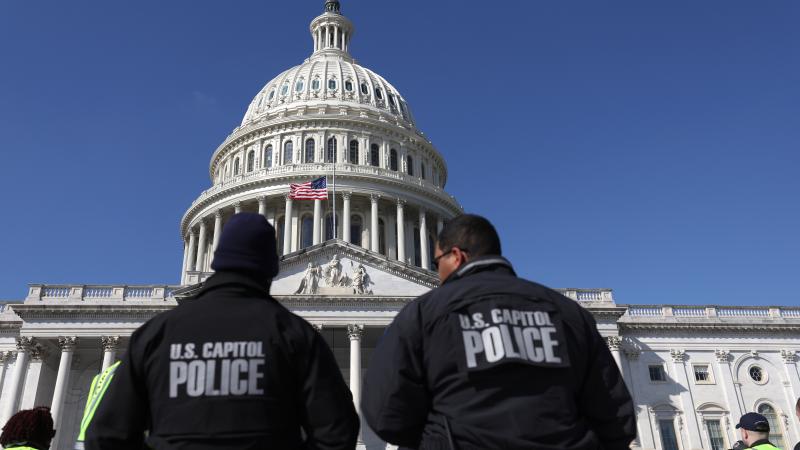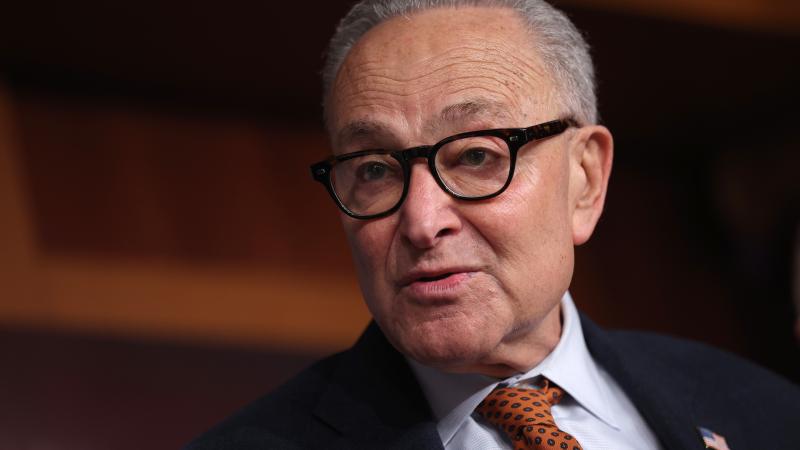Public schools and police threaten parents, critics for recording them, prompting legal threats
Documenting principal apparently waving off misconduct by school bus drivers gets mom banned and censored for a year. Man prosecuted for criticizing police department that reportedly cost city $2M in excessive-force settlements.
Public schools and police departments that threaten the public for recording interactions with on-duty officials are in the crosshairs of transparency groups, one of which just triumphed over a school district that tried to hide its diversity, equity and inclusion training.
The Goldwater Institute is saber-rattling against Indiana's Whitley County Consolidated Schools for banning a mother for a year or more from contacting staff and entering its school buildings, backed by the threat of arrest for trespassing, after she recorded a meeting with her daughter's principal about alleged misconduct by bus drivers and posted it online.
The Arizona-based conservative group protected its victory for a different mother, Anne Tretheway, earlier this month when the Pennsylvania Supreme Court declined to hear the Downington Area School District's appeal of a ruling this spring that its DEI training materials were not a "trade secret" exempt from public disclosure to Trethewey.
The Philadelphia-based Foundation for Individual Rights and Expression stayed closer to home when it sued Allentown, Pennsylvania, on Wednesday for prosecuting Phil Rishel for disorderly conduct and loitering – criticizing and recording officers outside the police station, sometimes using profanity – and driving toward him on the sidewalk when Rishel wouldn't stop.
The city reportedly paid $2 million in excessive-force lawsuits from a jury verdict and settlements from 2015 to 2021, two years before Rishel started "non-disruptively recording police activity while standing on public sidewalks outside local police precincts," FIRE said.
Exactly what conditions must be met to record in educational settings – to document how special-needs kids are treated, what's being taught, school-sponsored ideological activities and teacher rants – is less legally settled nationwide than the right to unobstructively record police in public.
Supreme Court precedents also protect cursing in and of itself in public and toward police officers, as long as it's not fighting words or accompanies otherwise unlawful actions.
Recording shows principal apparently waving off reported bus driver misconduct
WCCS Superintendent Laura McDermott told IndyStar for the first time July 21, 15 months after its dispute with mother Nicole Graves started, that it had lifted her ban "as part of a typical end-of-school-year review," in the newspaper's paraphrase, but she didn't mention the recording ban, which is still on the school board website (Policy 8355).
The superintendent told WPTA a year ago in June it would lift the order but "the parent must be willing to do her part" and had not.
Goldwater Institute staff attorney Adam Shelton told IndyStar it was "very hopeful" the district would change its recording policy but that the group was "still open to litigation depending on how the conversation with the school district continues to go."
It blindsided WCCS on May 7 with a legal warning letter for its then-year-old ban on Graves, as well as a video that allegedly shows her daughter's bus driver misbehaving – prompting the girl to file an "incident report" – and audio of the principal waving off driver incidents in a meeting with Graves, telling her to "just bring your kid to school" if she objected.
The driver was "walking up and down the aisles of the bus with a belt slapping the seats, his pants fell down, and he said what color boxers he was going to wear the next day," Graves recounts in the video, produced by Goldwater.
McDermott's May 28, 2024, no-trespass letter said Graves' recording of the principal was "the second time you have violated board policy regarding recording without permission" and "you [are] asked to immediately remove the audio clip you have posted from social media platforms."
She required Graves, then known as Nicole Divine, to get permission from her office before contacting staff, 24 hours' notice and written permission to attend "any voluntary activity" such as concerts on school property and two hours' phone notice to pick up her daughter for appointments.
"Your office has taken no official step to revoke" the order, Shelton wrote to McDermott May 7, 2025, concurrent with its Graves video. WCCS is bound by 7th U.S. Circuit Court of Appeals precedent that the First Amendment protects the recording of government officials, meaning the district retaliated for her protected speech, he said.
WCCS also violated her 14th Amendment parental rights because "the conversation she sought to record cannot be separated from the parental-child relationship," Graves cannot talk to "school officials who have direct contact with her minor child," and WCCS doesn't notify parents of incidents between students and employees or contractors, Shelton said.
He threatened litigation if the district didn't lift its conditions on Graves, eliminate the recording ban and issue "an official clarification of the District’s policy that requires parental notification when a student files an incident report alleging misconduct by an adult employee or contractor of the district."
"We're still evaluating all our legal options, and no final decision has been made regarding litigation," Goldwater spokesperson Mike Brownfield told Just the News on Wednesday when asked why it hasn't sued yet. McDermott did not respond to queries.
While it shut down Downington Area School District's DEI training-as-trade-secret argument, Goldwater is fighting other districts that "still attempt to limit parent access by misusing vague defenses and secrecy to hide ideological agendas," it said.
Brownfield pointed to two when asked: Rhode Island mother Nicole Solas fighting a demand for $74,000 in fees to see curricular records and Maine mother Amber Lavigne against her daughter's school for secretly transitioning the girl's gender identity. It also filed a friend-of-the-court brief in a secret transition case in Florida.
Police can freely insult citizens but 'illegal' to insult them back
FIRE's lawsuit against Allentown says police have responded to "several incidents of abusive conduct and arrests caught on video by citizens," costing the city $25,000 to $400,000 in each settlement going back to 2013, by harassing recorders and trying to make them stop.
This violates "well settled" 3rd Circuit precedents that protect the right to record "police officers conducting official police activity in public areas," the suit says.
Filming from a public sidewalk March 26, 2024, Rishel had to run behind a "concrete planter" to avoid getting hit by defendant Dean Flyte when the officer turned out of the parking garage onto the sidewalk, threatening to arrest and charge him. Co-defendant Sgt. Christopher Stephenson then joined Flyte to threaten arrest if Rishel didn't leave.
The next day, Stephenson again threatened arrest, criminal charges and contacting "mental health authorities about Rishel," claiming against "well-established First Amendment rights" he had no right to film police activities and recording was not a "protest," FIRE said. He insulted Rishel repeatedly while claiming it's "illegal" to insult police.
Sgt. Joseph Iannetta, who cost the city more than $500,000 in excessive-force settlements before his promotion, also told Rishel that day he should be "institutionalized" and that "bad things would happen" to Rishel if he criticized Iannetta "out of uniform." Stephenson filed a criminal complaint against Rishel the next day via "mailed citation."
That June, Stephenson prosecuted the charges and testified as the complaining witness against Rishel in court, giving false testimony on "multiple material issues" that was contradicted by Rishel's video, according to the suit.
The Lehigh County Magisterial District Court tossed the disorderly charges based on Rishel's cursing, calling them unconstitutional. Given the chance to drop the loitering charge, Stephenson said he'd do it only if "Rishel agreed to stop filming and criticizing Allentown police," according to FIRE. A higher court overturned the loitering charge.
Allentown is liable because the city and police department "have no program for training police officers about respecting and protecting citizens’ First Amendment rights," as verified by a public records request this year, and they have instead "enabled a pattern of Allentown police officers retaliating against citizens who film and critique police conduct," the suit says.
The mayor's office told Just the News it doesn't comment on active litigation.
The Facts Inside Our Reporter's Notebook
Videos
Links
- Whitley County Consolidated Schools for banning a mother
- Pennsylvania Supreme Court declined to hear
- DEI training materials were not a "trade secret"
- sued Allentown, Pennsylvania
- driving toward him on the sidewalk
- reportedly paid $2 million in excessive-force lawsuits
- FIRE said
- how special-needs kids are treated
- what's being taught
- ideological activities
- teacher rants
- right to unobstructively record police in public
- cursing in and of itself in public
- fighting words or accompanies otherwise unlawful actions
- IndyStar
- Policy 8355
- WPTA
- It blindsided WCCS
- legal warning letter
- video that allegedly shows her daughter's bus driver
- Nicole Divine
- Rhode Island mother Nicole Solas
- Maine mother Amber Lavigne
- friend-of-the-court brief
